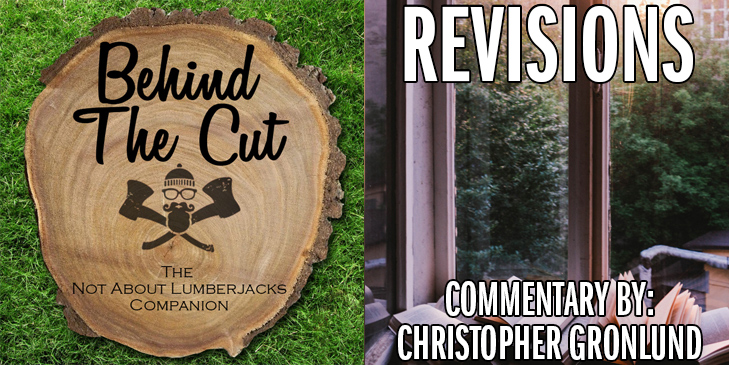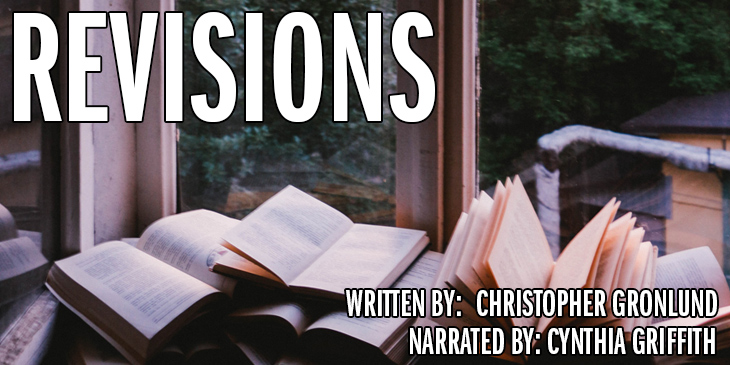
It’s not uncommon for people to assume stories are a reflection of the author — especially stories in which an author features a writer as a protagonist. “Revisions” is about a writer who was raised by a single mother. Some people who know me mentioned they felt it was heavily influenced by my mother.
I discuss where my life is similar to the protagonist in the story and…how our situations and views greatly differ.
* * *
Podcast: Play in new window | Download
Subscribe: RSS
